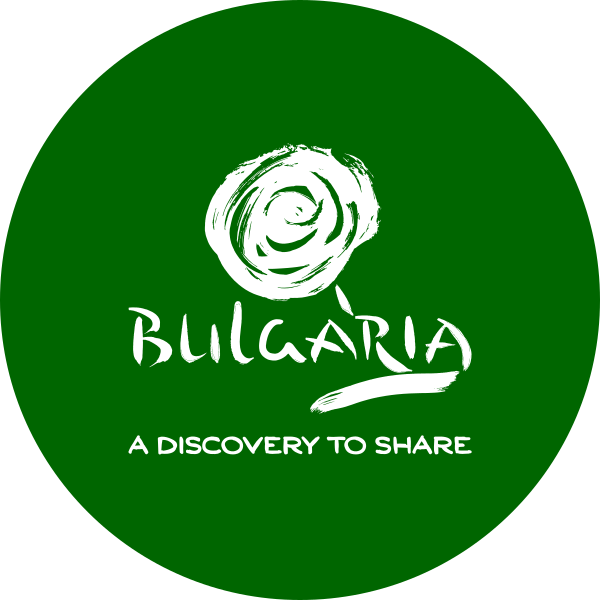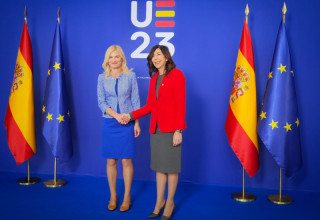Zaritza Dinkova: Working for the sustainable development of tourism in Bulgaria, with special emphasis on public-private partnerships and working with local communities
Minister Dinkova participates in the Informal Meeting of EU Tourism Ministers
We are working for the sustainable development of tourism in Bulgaria, putting special emphasis on public-private partnerships and working with local authorities. This is what Minister Zaritza Dinkova said at the opening of the Informal Meeting of EU Tourism Ministers, which is taking place today in Palma de Mallorca.
‘We have created a targeted programme to finance marketing activities of tourism services in the Black Sea municipalities in Bulgaria, which aims to attract more attention to these regions,’ Dinkova said.
The competitiveness of the sector depends on the willingness to meet the rapidly growing demand for more sustainable and environmentally friendly tourism products. ‘The challenges are there, but for us they are an incentive to implement innovative solutions,’ Minister Dinkova added.
The demand for authentic experiences spans every sector of the hospitality and tourism industry, the Tourism Minister added. In this respect, she said, the EU should stimulate new business models that provide them. This will support local communities and the development of the economy.
Well-trained and skilled tourism professionals are the foundation for the sustainable development of the tourism industry. The development of new technologies is also extremely important. Unfortunately, Bulgaria is lagging behind in terms of the development of digital skills among employees in the sector, Minister Dinkova added and insisted that within the EU Pact they should be promoted, both within educational programmes, in the qualification and re-qualification process and in the continuing education of employees in the sector.
The informal meeting of tourism ministers in Palma de Mallorca ended with the adoption of a Declaration entitled ‘A Path towards Social Sustainability of Tourism in the EU’, which was supported by Bulgaria. The aim of the Palma Declaration is to put tourism at the heart of the EU agenda and to request a specific budget for key activities for the twenty-seven EU Member States.











